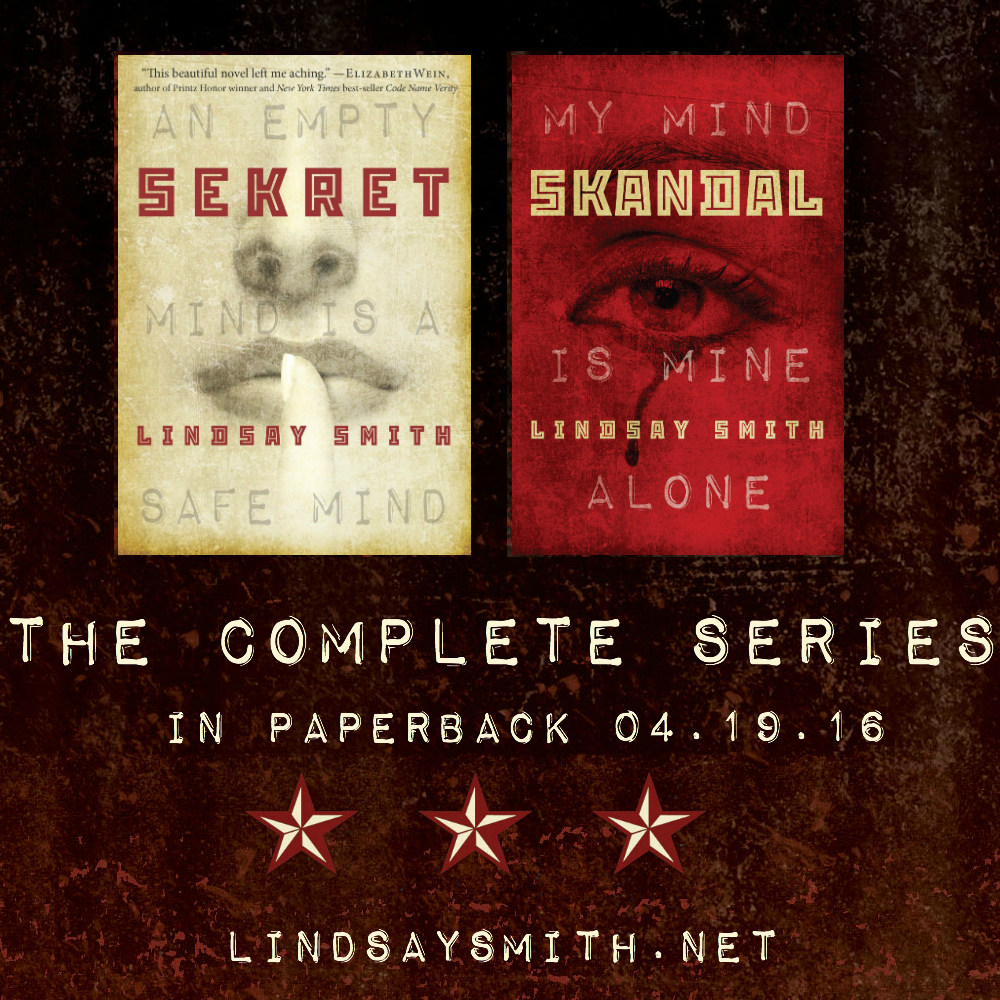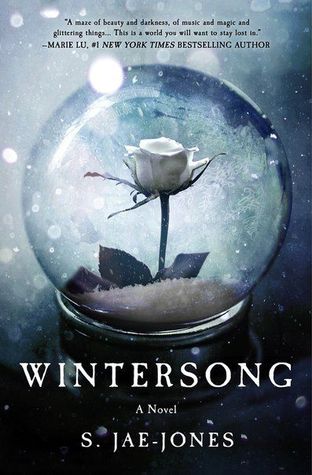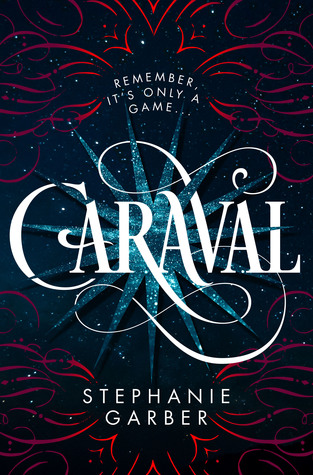 The entire Sekret series is now available in paperback! To celebrate, I’ve been posting teasers and cool new character artwork to social media, and I shared a Valentin short story with my newsletter subscribers, as well. Today I’d like to talk about my learning experience in writing my first series, and how I plan to use that experience moving forward.
The entire Sekret series is now available in paperback! To celebrate, I’ve been posting teasers and cool new character artwork to social media, and I shared a Valentin short story with my newsletter subscribers, as well. Today I’d like to talk about my learning experience in writing my first series, and how I plan to use that experience moving forward.
1. Begin with the end in mind.
Whether you’re writing a duology or an eight-book epic saga, whether you’re a plotter or pantser, know where you’re going. The great and awful thing about story arcs is that they can subdivide, like cells. Find the arcs you need to carry you to the end, but don’t lose sight of where that endpoint is.
I had those final scenes of Skandal fixed firmly in my mind from the opening chapters of Sekret. Pretty much everything in the middle changed–hell, I’d plotted the thing as a three- or four-book series, then had to rush to tie everything up in two–but seeing that finish line on the horizon kept me moving ahead.
2. Second books are always way easier and way harder.
Oh, man, second books are so great. Your world is already established, you already know your characters and their issues, your readers are invested, and now you just get to dance around and have fun with them a second time!
OH MY GOD I HATE SECOND BOOKS SO MUCH. They have to be like the first book, but not too similar; they have to be dramatic, but in a different way; they have to up the stakes, but didn’t you spend countless rewrites on Book 1 trying to do just that??? how high can these stakes go???; and by around page 150 your beloved characters have rambled on about the SAME FREAKING ISSUES over and over that they’ve turned into worn-out Barbie dolls that you’re joylessly shuffling to and fro.
3. Authenticity isn’t enough–learn to apologize. Always aim to do better.
There’s a Romani slur in the first 100 pages of Sekret. I was trying to strike an authentic tone for someone who grew up in the era of Stalinist cleanses, but instead, I was just an asshole. I didn’t know better. Now I do. I’ve apologized for it before, but let me do so now, unequivocally: I’m deeply sorry for causing offense and perpetuating a harmful stereotype. When the rights to Sekret return to me, this will be the very first thing I remove. I will work harder and I will do better every time.
Five years ago, when I first wrote Sekret, I had all kinds of ideas about what constituted authenticity in historical fiction, and putting this book out in the world ended up tearing down every single one of those ideas. For instance: I provided a literal rather than figurative translation of a Russian insult in order to avoid dropping an F-bomb (and thereby meet my publisher’s desire to publish these books as 12-17 rather than 14+), which left some Russian readers rightly scratching their heads. I went on long diatribes about all the intricate detail of Soviet life and KGB hierarchy, and pretty much all of it got cut. You have to thread a delicate needle of good storytelling, authentic representation, but also a deep knowledge and understanding of the issues you’re addressing, whether intentionally or inadvertently, and it can be hard, but you must do it. Do the work, do the work, do the work. Writing in the Margins’ sensitivity reader database is an excellent resource, but it is NOT the first step in the process.
Also, that process? The one of gaining a deeper understanding of the world around you and being less of an asshole? It never ends. Keep working. Keep learning.
4. Series Bibles save lives.
I didn’t start a formal Series Bible document until I was halfway through drafting Skandal. I can’t imagine how much pain and torment I could have spared myself if I’d started it when I first sat down to draft Sekret. Series Bibles can contain any information you possibly might need to refer to later in your book–from character eye colors and middle names to setting details, food preferences, political views, favorite swear words, and much, much more. They’re an absolute requirement when working with a writing team, like I do with the crew from The Witch Who Came In From the Cold, but I would strongly, strongly encourage them for any project of any length. Don’t pull a Lindsay and have to reread 70 pages of your published novel (you know, the book you probably had to read 50 times from first draft to publication) just to track down someone’s dead brother’s name.
5. Farewell is not goodbye.
For a series that was supposed to be a “duology,” I’ve sure gotten a lot of mileage out my psychic Russian teens. A short story in the Fierce Reads 2015 anthology; a digital prequel novella set during WWII; a short story from Valentin’s POV. And I have so much more I want to say with them, too, even though–as I’ve stated before, and as I still believe–the arc of Yulia and Valentin is complete.
The publishing climate is always changing. Some stories end long before their time, but others get second chances, second lives. Some become shapeshifters and can transform into another medium or another experience. If you love your world, don’t be afraid to return to it from time to time. You never know what new possibilities await you around the bend.
Comments closed




















